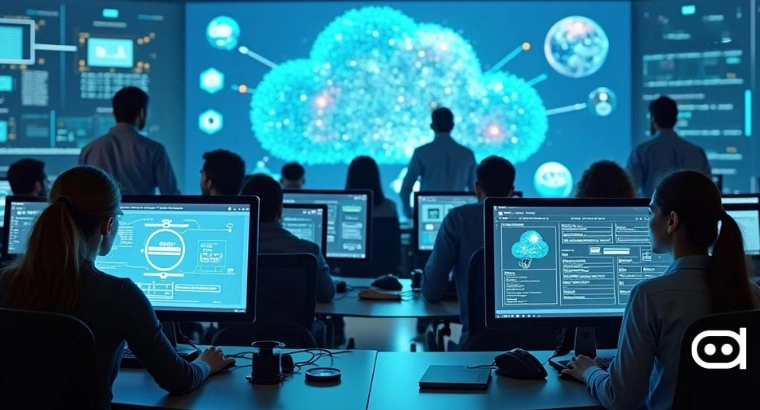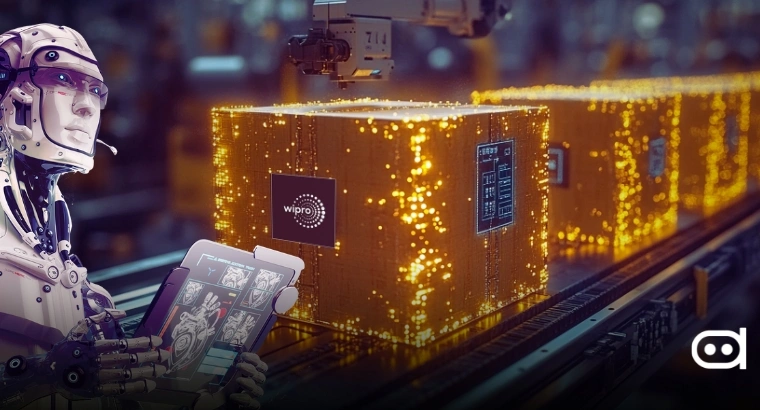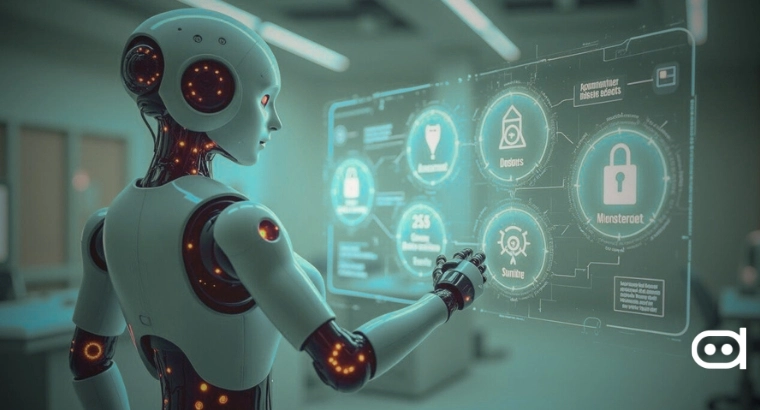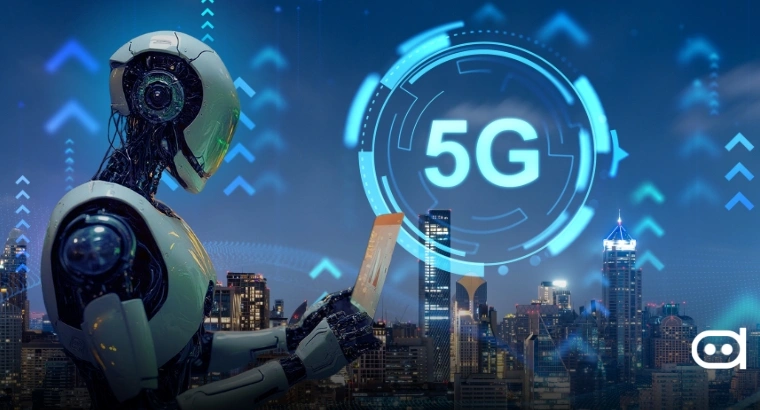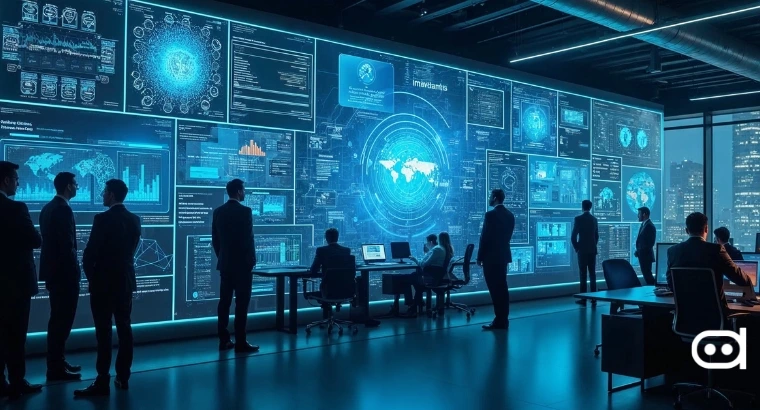
- Yuval Noah Harari has revealed a pivotal aspect of artificial intelligence: its ability to make autonomous decisions. This unprecedented capability could lead to the creation of tireless spies, unerring financiers, and eternal despots.
- As AI continues to evolve, we must consider its far-reaching implications. Harari’s insights provide a cautionary perspective on the potential consequences of AI decision-making, urging us to think critically about its future role in society.
AI: The Autonomous Decision-Maker
Harari emphasizes that AI is the initial technology that can make decisions unaided by human beings out of all previous technologies. Previous technological developments do not have this ability to operate continuously without experiencing tiredness. These are the sorts of potentials revealed by creating AI spies who never go to sleep. Such AI entities could be gathering and analyzing vast amounts of information every minute of every day, which will allow them to undertake surveillance like none other in history. The ethical implications are enormous; they touch on matters related to our privacy and power balance.
Financial Memory and Precision
In financial terms, AI’s memorylessness provides significant benefits. What Harari calls “AI financiers with infinite memory” shows how finance could be transformed through artificial intelligence (AI). With unparalleled precision in analyzing historical data, AI systems can forecast changes in market trends, manage investments, and track fraudulent activities better than any human being would. However, this also raises concerns about the concentration of financial power and the potential for economic manipulation by AI-driven systems.
The Rise of the Eternal Despot
One point which Harari made that was particularly worrying was despots who never die. It is chilling to think about how authoritarian regimes may be maintained indefinitely using AI as a tool for such purposes. Through continuous surveillance, information manipulation, and stifling dissident voices, AI-enabled despots may hold on to power longer than usual. Indeed, there is no better method for perpetuating autocracy than through a combination of stamina and efficiency in the form of artificial intelligence (AI). This dystopia story highlights the need for urgent ethical guidelines and regulatory frameworks to ensure that this new technology does not end up being used against humanity.
Conclusion:
Harari’s discussion about decision-making capabilities provided through artificial intelligence encompasses both prospects and challenges. In these uncertain times on the dawn of an era dominated by artificial intelligence (AI), it is fundamental to tread carefully. The potential for developing AI spies, financiers, or despots calls for a cautious and ethical approach toward the development and deployment of this technology. The choices made at present will shape how AI impacts society for generations.
By weaving Harari’s statements into a comprehensive analysis, this opinion piece delves into the multifaceted implications of AI’s decision-making power, urging readers to reflect on the ethical considerations of this transformative technology.
Latest Stories :

